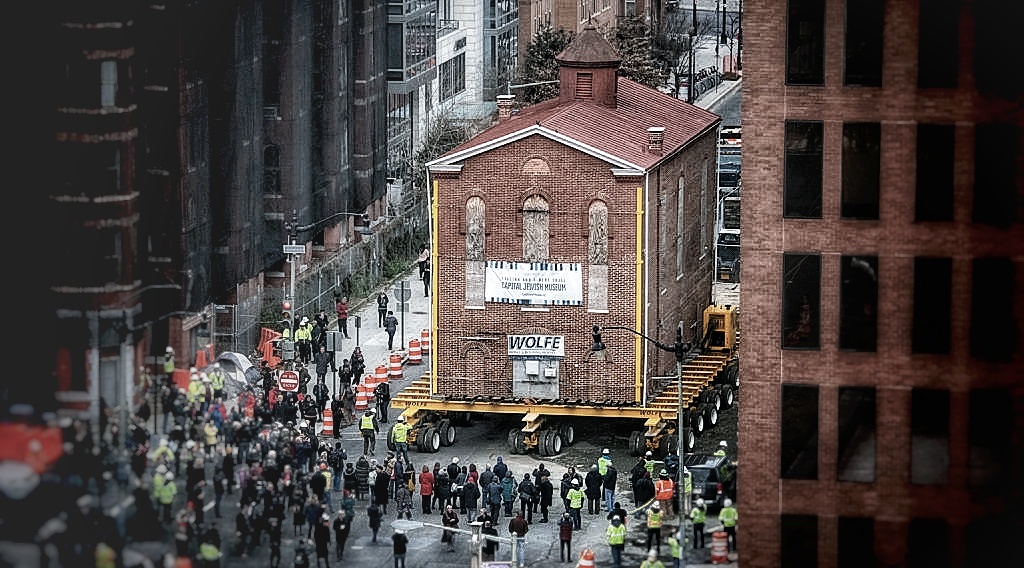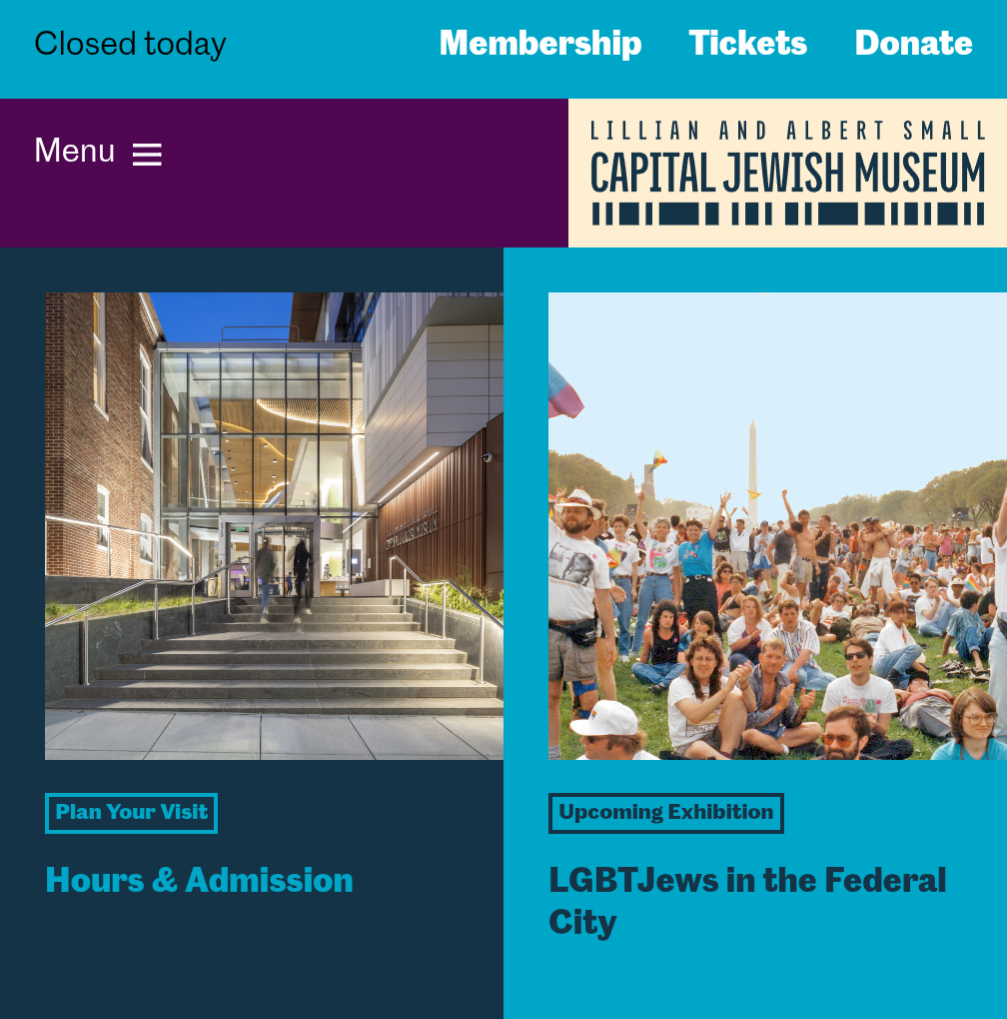1. Terror Strikes D.C.: Israeli Embassy Staff Gunned Down Outside Jewish Museum
2. “I Did It for Gaza”: Shooter Kills Two Israelis in Washington, Sparks Global Outrage
3. Bloody Night in D.C.: Antisemitic Attack on Israeli Diplomats Condemned by Trump and Rubio
Terror Jewish Museum
Terror Jewish Museum
Antisemitic terror in Washington. two Israeli embassy staffers murdered outside Jewish museum
Two gunshots in the American capital. Two lives violently cut short at the threshold of a cultural event. An attacker shouting “Free Palestine!” before surrendering to police. The incident, which occurred on the evening of May 21 in front of the Capital Jewish Museum in Washington, has sent shockwaves through diplomatic and political circles in both the United States and Israel.
The victims—an Israeli man and woman working for the embassy—were leaving a Jewish heritage event when they were fatally shot. According to initial investigations, the shooter, Elias Rodriguez, a 30-year-old U.S. citizen from Chicago, had been loitering outside the building for several minutes before opening fire on a group of four people. After the shooting, he handed himself over to security staff and reportedly told police: “I did it for Gaza. Free Palestine!”
Israeli Ambassador Yechiel Leiter confirmed that the victims were a couple and that the man had bought an engagement ring that same week. He had planned to propose in Jerusalem just days later.
A targeted act of hate with global implications
The nature of the crime leaves little room for ambiguity. The suspect’s confession, the symbolic location, and the identity of the victims strongly suggest a premeditated act of political violence—possibly inspired by the ongoing conflict in Gaza. While the police have stated that Rodriguez acted alone, the FBI is assisting in the investigation to determine whether the shooter had been radicalized online or had links to extremist networks.
D.C. Metropolitan Police Chief Pamela Smith confirmed that no other suspects are currently being sought. She emphasized that, while the shooter appears to have acted independently, the incident is being treated as a hate crime with possible terrorist implications.
Terror Jewish Museum
U.S. leaders condemn the attack in unequivocal terms
President Donald Trump reacted swiftly and strongly. “These horrific murders, clearly driven by antisemitism, must stop NOW! Hate and radicalism have no place in America. God bless the families of the victims,” he wrote on Truth Social.
Secretary of State Marco Rubio echoed those sentiments: “We unequivocally condemn the murder of two Israeli embassy staffers in Washington. This was a vile, antisemitic act. Make no mistake—we will bring the perpetrator to justice.”
These statements signal a zero-tolerance stance from the U.S. government regarding politically motivated violence and antisemitism—particularly when they intersect with international tensions.
A museum becomes the front line of ideological warfare

The choice of location was no coincidence. The Capital Jewish Museum is a symbol of heritage, memory, and Jewish-American identity. Attacking people exiting such a venue during an official event sends a deeply disturbing message: even cultural spaces are no longer safe from ideological violence.
The fact that embassy personnel were targeted at a public, symbolic event has heightened security concerns throughout the diplomatic community. For Israel, already under pressure in the Middle East, this attack represents a worrying expansion of hostilities beyond its borders.
The spreading virus of ideological violence
Rodriguez’s confession linked his action directly to the war in Gaza. But beyond his personal motivations lies a broader, more insidious issue: the global escalation of political radicalism, especially around the Israeli-Palestinian conflict. Rhetoric that once stayed within protests and online forums is increasingly spilling over into violent action.
The blurring of lines between protest and hate, between activism and radicalization, is becoming more evident in Western cities and campuses. As the attacker demonstrated, the violence is no longer confined to the Middle East.
Diplomatic fallout and national security concerns
The attack is expected to prompt tighter security around Israeli diplomatic missions worldwide, particularly in Western capitals. The incident has revived memories of past embassy attacks in the 1980s and 1990s.
Politically, this may strengthen bipartisan support for Israel in the U.S. Congress and reshape public discourse around the limits of protest, free speech, and security. Particularly in academia and activist circles, this event may trigger renewed scrutiny of movements that flirt with antisemitic tropes or fail to denounce political violence.
A line has been crossed
This wasn’t just an isolated act—it was a symbolic strike at the intersection of diplomacy, identity, and ideology. Antisemitic violence is not a marginal phenomenon; it is now fully embedded in global political discourse, often masked as resistance or activism.
That such an act occurred just blocks from the White House makes the message impossible to ignore. And if this moment doesn’t prompt a firm, collective response, the next signal might strike even closer to home.
Terror Jewish Museum

terrorism, middle east conflict, washington dc, israel embassy, antisemitism,